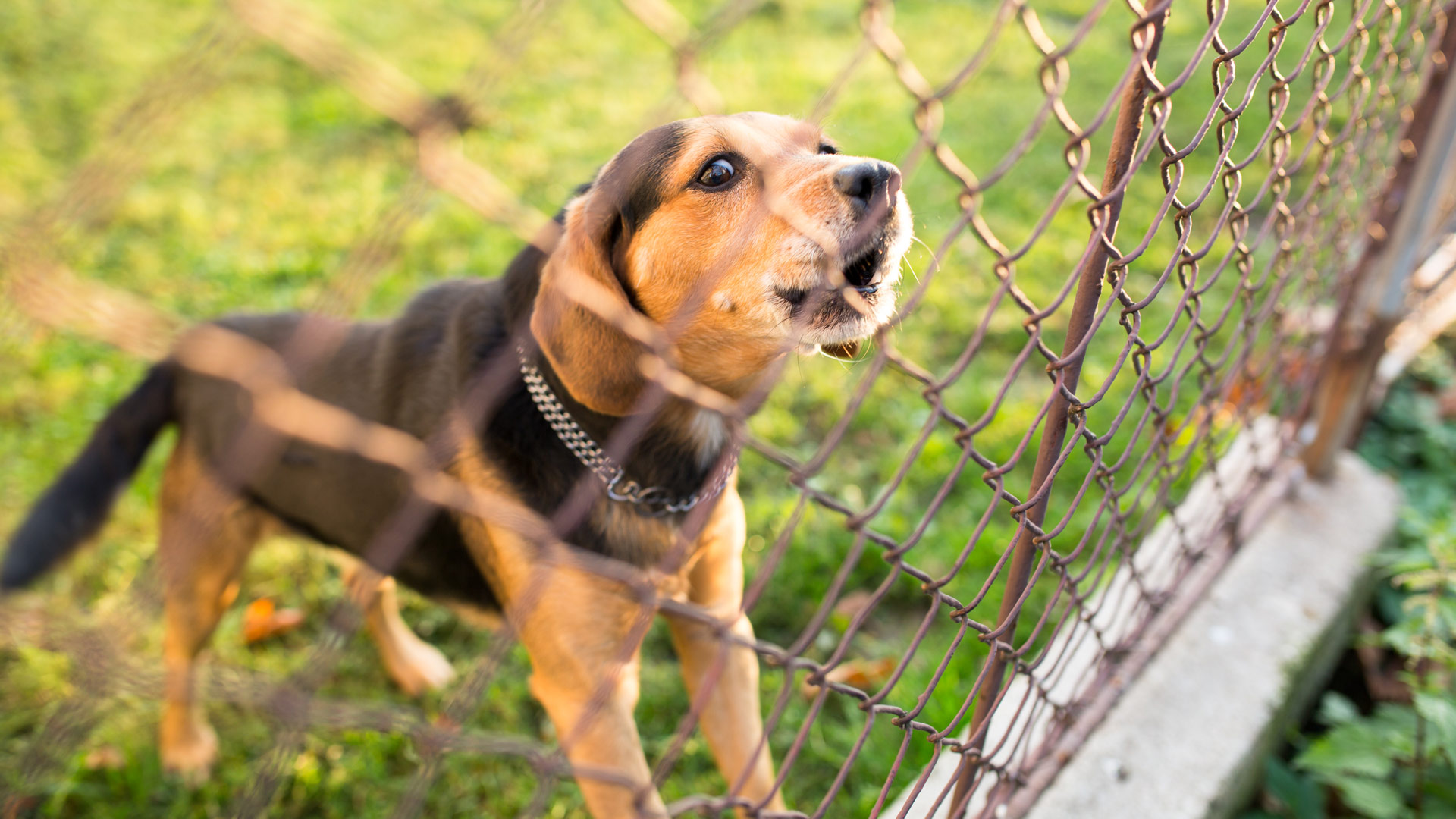
Dog Barking Training
Barking usually begins as a puppy starts to mature but some puppies yap and bark earlier than others. Some dogs are always quiet. Typically, humans want their dog to alert them when something important or urgent is happening, but then they also want them to be quiet and not disruptive. Dogs bark for several reasons; for attention, as a warning, fear, excitement, territoriality, etc. The best way to prevent barking from becoming a problem is to have a dog barking training plan and procedure in place that will help you communicate with your dog as to when and where not to bark.
Basics of Dog Barking Training
Barking is a natural response for a dog, but it is possible to train your dog to stop barking in certain situations. The first step is identifying what is causing your dog to bark. Beginning dog barking training early on will also make it much easier for a dog to change their behavior. Some of the reasons your dog might bark excessively include:
- Territoriality – If a person or animal enters an area your dog considers their territory, barking is a common response.
- Fear/Alarm – Dogs will often bark at any noise or object that catches them off guard or makes them nervous.
- Loneliness/Boredom – By their very nature, dogs are pack animals and can become bored and sad when left alone. Barking can indicate their unhappiness.
- Greeting – To greet other animals or people dogs will often bark to show their excitement, which sometimes is accompanied by tail wagging or jumping.
- Play – While playing dogs sometimes bark to indicate they are having fun.
- Separation anxiety – Dogs with separation anxiety often bark excessively when left alone and can also exhibit other symptoms such as destructiveness, pacing, going to the bathroom inside, etc.
Keep an eye out for which of these behaviors makes your dog bark when you don’t want them to. Some of the simple things you can do to get your dog to stop unwanted barking include the following:
- Speak calmly – Shouting will generally only cause your dog to bark more. You will get better results by speaking calmly and firmly.
- Train them to understand “Quiet” – If you’re yelling at your dog to “shut up” or “stop barking,” you aren’t going to get very far. They will respond better to a simple command and positive reinforcement. When your dog is barking just calmly say “quiet” and when he stops barking give him a treat. It won’t happen overnight but many dogs can learn this behavior.
- Tire them out – If your dog barks when he is alone, take him for a long walk or run before you leave him. A tired dog is a quiet dog.
- Rule out medical problems – Some common medical problems in dogs can cause ongoing pain which will in turn cause them to bark. If you can’t pinpoint a reason for the barking, taking them to a veterinarian is always a good idea.
Professional Dog Barking Training From Michael’s Pack
While it is possible to train your dog to stop barking all on your own, it could take a significant amount of time and effort. The trainers at Michael’s Pack have years of experience teaching dogs to not bark excessively. Contact us today to discuss our dog barking training services and what we can do to help change your furry friend’s barking habits through communication and positive reinforcement. We offer in home dog training in New Jersey and New York.
